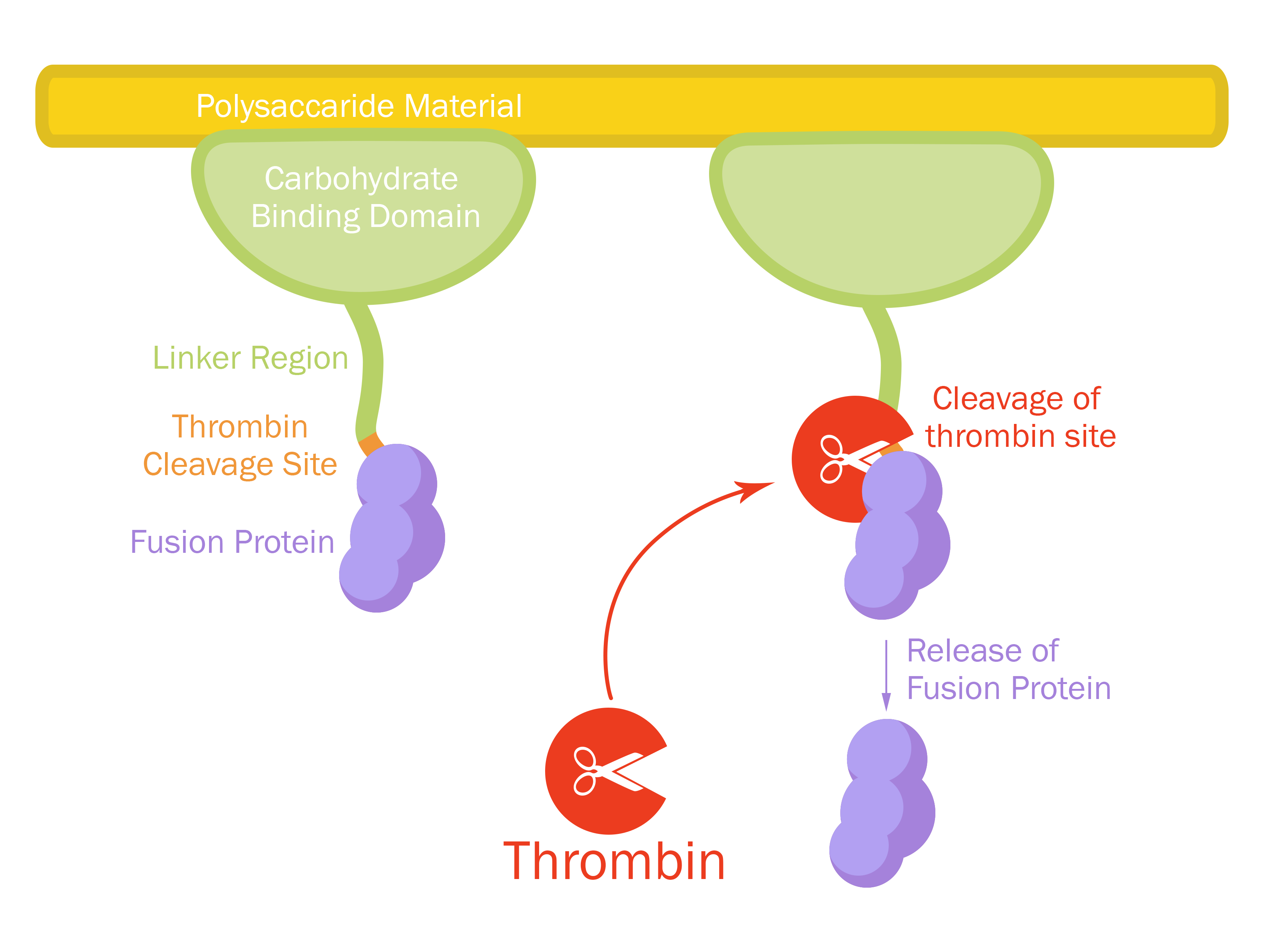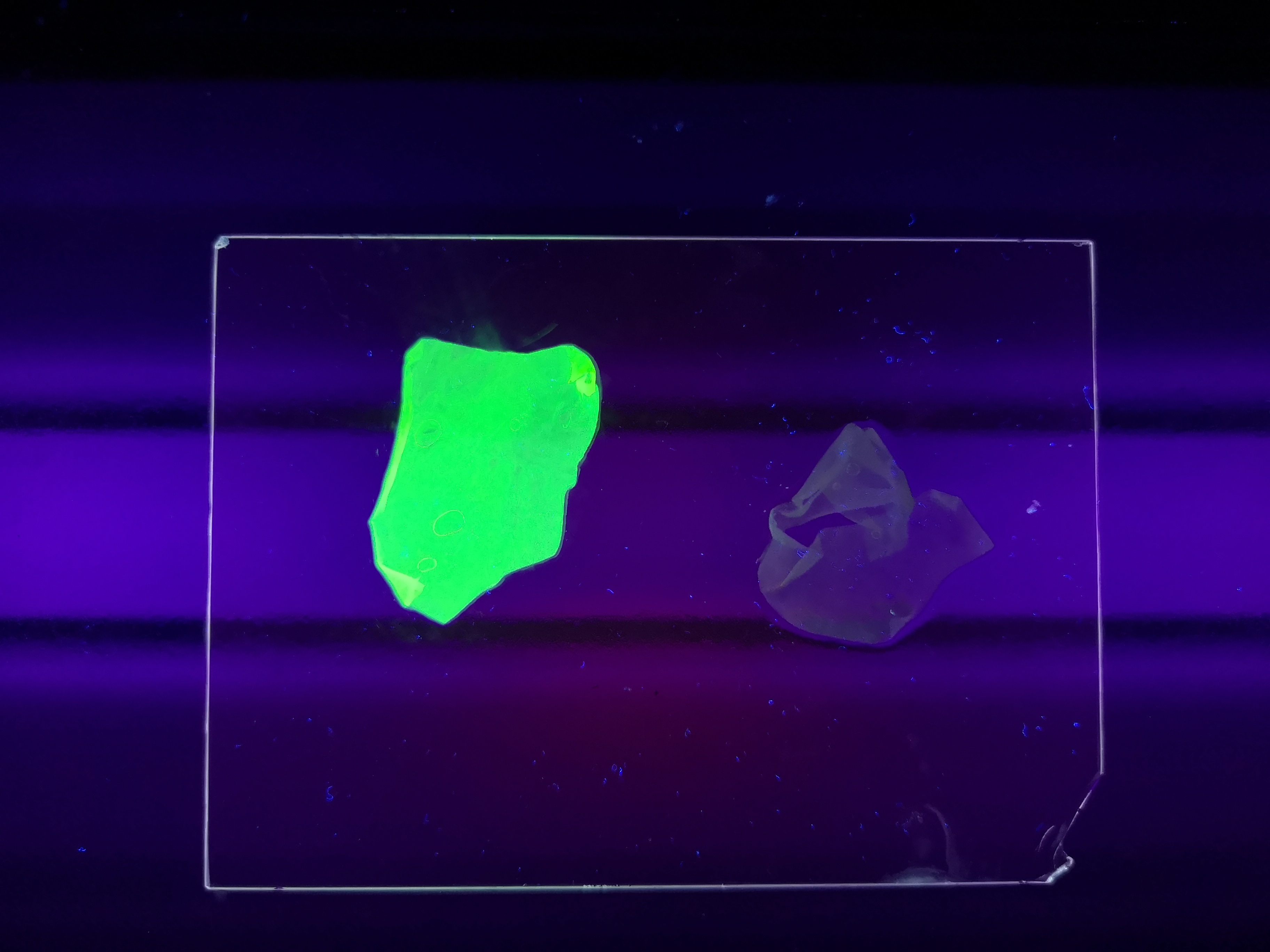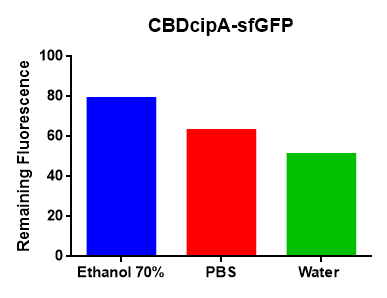Difference between revisions of "Part:BBa K3182001"
| Line 17: | Line 17: | ||
For our method "pink-white screening" utilizing a chromoprotein to assemble this part with fusion proteins please see: <partinfo>BBa_K3182100</partinfo>. | For our method "pink-white screening" utilizing a chromoprotein to assemble this part with fusion proteins please see: <partinfo>BBa_K3182100</partinfo>. | ||
| + | <br> | ||
The expressional system used to characterize this part was a combination of: <partinfo>BBa_I719005</partinfo> <partinfo>BBa_K1758100</partinfo>. | The expressional system used to characterize this part was a combination of: <partinfo>BBa_I719005</partinfo> <partinfo>BBa_K1758100</partinfo>. | ||
Revision as of 15:10, 21 July 2019
Contents
Sequence and Features
- 10COMPATIBLE WITH RFC[10]
- 12COMPATIBLE WITH RFC[12]
- 21INCOMPATIBLE WITH RFC[21]Illegal BamHI site found at 511
- 23COMPATIBLE WITH RFC[23]
- 25COMPATIBLE WITH RFC[25]
- 1000COMPATIBLE WITH RFC[1000]
Introduction
CBDcipA-GS+Thrombin linker
A cellulose binding domain (CBDcipA) from Clostridium thermocellum Cellulose scaffolding protein (CipA) which can be used to purify or attach proteins to cellulose, this part has a sfGFP fused to the CBDcipA. The part also has a flexible GS-linker (-GGGGSGGGGS-) with a thrombin site (-LVPRGS-, thrombin RS) added at the end, clevage with thrombin will add one glycine and one serine to the N-terminal of the C-terminal fusion protein of the CBDcipA.
Assembly techinique used
Also added a BamHI recognition sequence (BamHI RS) to enable changeable fusion protein to the CBDcipA. BamHI was chosen because its RS codes for one glycine and one serine, fitting it to the end of the thrombin site, BamHI can also be used on dam/dcm methylated DNA, which is crucial to this part.
For our method "pink-white screening" utilizing a chromoprotein to assemble this part with fusion proteins please see: BBa_K3182100.
The expressional system used to characterize this part was a combination of: BBa_I719005 BBa_K1758100.
Mechanism of action








